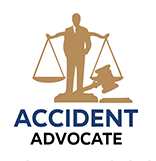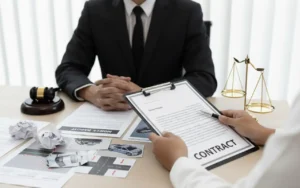The Role of Personal Injury Attorneys in Maximizing Your Claim
When you’ve been injured in an accident—whether it’s a car crash, slip and fall, or workplace incident—your financial recovery often hinges on the strength of your personal injury claim. While some people try to manage this process alone, working with an experienced personal injury attorney can dramatically increase your chances of receiving fair compensation. In this guide, we break down the critical role attorneys play in maximizing your personal injury claim.
Understanding What a Personal Injury Attorney Does
A personal injury attorney is a legal professional who represents people injured due to another party’s negligence. Their goal is to recover compensation for losses such as medical expenses, lost income, and pain and suffering.
Your attorney will:
- Investigate the facts of your case
- Collect evidence such as accident reports, medical records, and witness statements
- Communicate with insurance companies
- Negotiate for a fair settlement
- Represent you in court if needed
The Value of Legal Expertise
Personal injury law can be complex. Every state has its own statutes of limitations, comparative fault laws, and procedural rules. Without an attorney, you may:
- Miss critical deadlines
- Accept a lowball offer
- Be unprepared to counter insurer tactics
Experienced attorneys understand how to navigate these rules and present your case effectively.
Building a Strong Case
To maximize your claim, your attorney will develop a strategy based on evidence and expert analysis. This may involve:
- Consulting medical experts to establish the extent of your injuries
- Using accident reconstruction specialists
- Estimating future medical costs and lost earning capacity
This comprehensive approach helps prove not only liability but also the true impact of the injury on your life.
Handling Insurance Companies
Insurance companies are not on your side—they aim to settle quickly and cheaply. An attorney levels the playing field by:
- Reviewing settlement offers
- Rejecting unfair terms
- Negotiating for full compensation
Attorneys also shield you from direct contact with adjusters, preventing you from making statements that could weaken your claim.
When to Contact a Personal Injury Lawyer
You should speak to a lawyer as soon as possible if:
- You sustained serious injuries
- You’re missing work or facing long-term care
- Liability is unclear or being disputed
- An insurance company denies your claim or offers a low settlement
Early legal guidance can preserve evidence and strengthen your case from the outset.
Increasing Your Compensation
Studies show that injury victims who hire attorneys typically receive larger settlements. Lawyers know how to:
- Identify all sources of compensation
- Calculate non-economic damages like pain and suffering
- Push for punitive damages if gross negligence is involved
In many cases, attorneys work on a contingency fee basis—you pay nothing unless they win your case.
Final Thoughts
Hiring a personal injury attorney is more than just a legal step—it’s a strategic move that can mean the difference between a minimal payout and a life-changing settlement.




